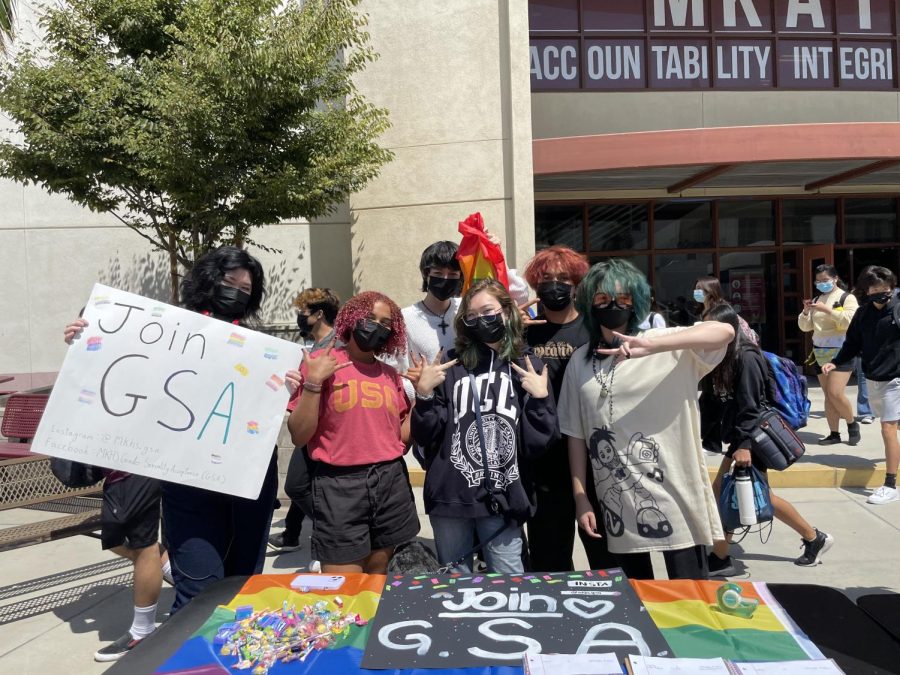The History Of Black History
February 28, 2023
The month of February marks the celebration of Black History Month. During this month people all around the United States celebrate the living history, achievements and roles of African Americans in society. The celebration also known as African American History Month was born out of ‘Negro History Week’ created by Dr.Carter G. Woodson, a historian and author who founded the Association for the Study of African American Life and History (ASALH). His overall dedication to celebrating black history led to the formation and recognition of this month.
The origins of Black History Month stem back to 1912, half a century after the Thirteenth Amendment abolished slavery. Woodson and a prominent minister named Jesse E. Moorland founded the ASALH. This organization was created to search out and highlight the achievements of black Americans and people of African descent. And so in 1926 Negro History Week was born. It fell in the second week of February to honor Abraham Lincoln and Fredrick Douglass. In the time that followed mayors implemented this week annually until the 1960s where this week turned into what is known now as Black History Month. However it was not publicly recognized by President Gerald Ford until 1976. Ford called on Americans to, “seize the opportunity to honor the too-often neglected accomplishments of Black Americans in every area of endeavor throughout our history.”
Since 1976 every president that followed Ford has designated the month of February as Black History Month and assigned a theme to it every year. The first theme in the year of 1977 was Heritage Days:The Black Perspective; The Third Century. A few years later in 1982 the theme was Afro American Survival. In 1996 the theme of the month was black women. Just last year in 2022 the theme was Black Health and Wellness and this year the theme is Black Resistance. The themes over the years have indicated changes due to social movements as well as how people of African descent view themselves over time.
This year’s theme of Black Resistance honors the resilience of African Americans from the time they were brought over to the United States until now. African Americans have and do resist oppression as a whole, including but certainly not limited to racism, lynching and police brutality. Over the vast period of time that African Americans have inhabited the United States, there have been many examples of people who have gone through oppression and who have fought to create a better society. Obvious examples include prominent figures such as Dr. Martin Luther King Jr. who fought for equal rights for Black people, advancing the Civil Rights Movement and dying for the cause assassinated by James Earl Ray. Such as Rosa Parks whose refusal to vacate her seat for the white man and to sit at the back of the bus like the law ordained began a boycott and in succession a movement that ended legal segregation in America. Such as Malcolm X who albeit having mixed methods was a key player in the Civil Rights Movement. Such as Emmett Till, the 14 year old black youth falsely accused of harassing a local white woman whose senseless murder was a spark that led to the increase of activism that would become the Civil Rights Movement. Such as Ruby Bridges who at the age of six made history by being the first African American child to attend a predominantly white elementary school. This tedious task was rewarded as the implementation of Bridges led to an increase in desegregation and reformation in education which advanced the Civil Rights Movement.
Such as Madam CJ Walker whose invention of hair products designed for Black women, as well as her contributions to the YMCA and the anti-lynching movement contributed to the advancement of Black people. Such as Harriet Tubman, Ida B.Wells, Frederick Douglass, Maya Angelou, W.E.B. Du Bois and more who have struggled in the face of adversity to fight for equal rights for Black people. Even those in present day like George Floyd, Breonna Taylor, Stephon Clark and too many more who have died at the hands of those who swore to protect them. All things considered, the month of February as a whole honors the struggles and accomplishments of these people and allows people of African descent to celebrate their heritage, their skin color and themselves in a world where they are made to feel less than because of these aspects. This celebration should not be limited to one month out of the year, instead it should be celebrated every day. But despite this February is an amazing month to celebrate the people in our community who have to live through the struggles of being black in today’s society where this seems to be a death wish. Take a minute to remember those who have died and struggled over the years at the hands of the people who were supposed to protect them.















